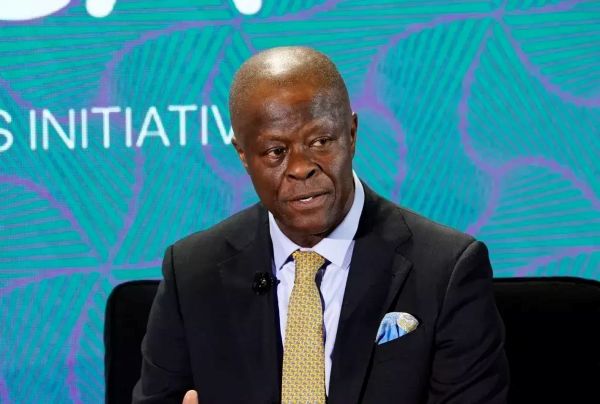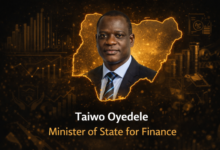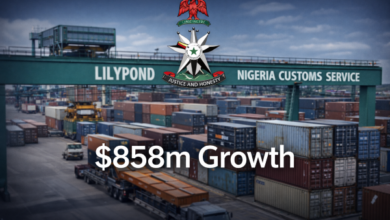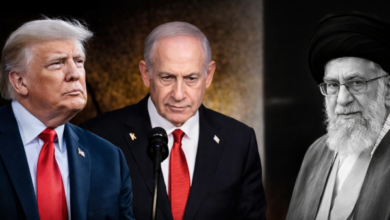N1.5 Trn Road Concession near completion – Wale Edun

The Federal Government is on the cusp of finalising a ₦1.5 trillion infrastructure concession deal that promises to reshape Nigeria’s road transportation network and redefine how the country approaches infrastructure financing.
This was disclosed by the Minister of Finance and Coordinating Minister of the Economy, Mr. Wale Edun, during a high-level engagement with private sector investors in Abuja. The deal, part of the Highway Development and Management Initiative (HDMI), marks a significant pivot toward public-private partnerships (PPPs) as Nigeria contends with shrinking budgetary space, mounting debt, and critical infrastructure gaps.
A New Model for Funding Roads: Private Sector to Drive 900km Upgrade
Launched in 2021, the HDMI aims to attract private capital for the reconstruction, management, and tolling of 12 key federal highways, initially covering 1,963 kilometres. According to Edun, the first tranche—nine highways spanning 900km—is almost fully de-risked, with concessionaires ready to mobilise to site under 25-year agreements.
“We met the concessionaires who have virtually concluded all arrangements. They are refinancing, rebuilding and will recover investments through tolling under long-term PPP agreements,” Edun said.
This is not just road construction—it’s infrastructure monetisation with built-in sustainability mechanisms, a critical shift in a country historically dependent on debt-heavy public works.
Flagship Project Underway: Benin–Asaba Superhighway Sets the Tone
The Benin–Asaba Highway—a 125km stretch—has already kicked off as a model for the scheme. Under the new arrangement, the highway is being reconstructed into a 10-lane express corridor. The expectation is that travel time between the two regional commercial hubs will drop from four hours to just one, with far-reaching implications for commerce, logistics, and productivity.
“It’s an investment that will reduce travel time and enhance output. The addendum has been signed, the Ministry of Works has handed over the site, and preliminary work has begun,” Edun stated.
Why HDMI Matters: Beyond Roads, A Stimulus for Jobs, Capital and Efficiency
The HDMI is being positioned not just as a road-building programme, but as a catalyst for economic re-engineering. The Federal Government estimates it will generate over 50,000 direct jobs and 200,000 indirect jobs, with multipliers spanning construction, logistics, hospitality, and roadside commerce.
For Nigeria, a country with over ₦30 trillion in infrastructure funding needs, the HDMI provides a fiscally responsible template—using private capital, commercial expertise, and user-pay models to sustain assets, rather than relying solely on budgetary outlays.
Critical Stakeholder Push: Private Sector Calls for Legal Clarity, Operational Certainty
But while the government’s messaging is bullish, private sector partners are urging faster resolution of outstanding legal and administrative bottlenecks. Shoreline Group’s Kola Karim stressed the need for “right and enforceable documentation” and clear handover and takeoff timelines to de-risk further capital injection.
Other concessionaires pressed for flexibility in tolling completed sections even while work continues on other parts—a pragmatic strategy to begin early revenue recovery and ensure project bankability.
Umahi, ICRC, and Bagudu Reaffirm FG’s Commitment
Minister of Works, Engr. David Umahi, who joined the meeting virtually, reassured stakeholders that the government is determined to address all pending issues and unlock the full potential of HDMI. He emphasised President Tinubu’s infrastructure-led economic growth strategy and the need for PPP confidence-building measures.
Also present were Minister of Budget and Economic Planning, Senator Abubakar Bagudu, and the Director-General of the Infrastructure Concession Regulatory Commission (ICRC), Dr. Jobson Ewalefoh, reinforcing the inter-ministerial backing behind the initiative.
BRANDECONOMY INSIGHT: The HDMI Is a Test Case for Nigeria’s PPP Ambitions
The near-finalisation of the ₦1.5 trillion HDMI scheme comes at a time when Nigeria’s fiscal position is strained. With debt service costs biting into federal revenues and capital budget performance below optimal levels, leveraging private sector capital has shifted from ‘nice-to-have’ to ‘national imperative’.
Yet the true test will not be in the signing of deals, but in:
- Execution certainty: Are concessionaires truly empowered to begin and complete work?
- Legal protection: Will PPP frameworks hold under political transitions and court challenges?
- User trust: Will Nigerians pay tolls if road quality, safety, and maintenance meet global standards?
The Road Ahead: What’s at Stake for Business and the Broader Economy
If fully realised, HDMI has the potential to become Nigeria’s most transformational PPP success story—unlocking connectivity across trade routes, enabling just-in-time delivery systems, reducing logistics costs, and decongesting urban centres.
But as BRANDECONOMY analysts note, the governance structure, transparency in tolling mechanisms, and clarity of ROI for investors will be decisive. For now, all eyes are on whether groundbreaking begins across the remaining highways—and whether this bold ₦1.5 trillion bet pays off.










